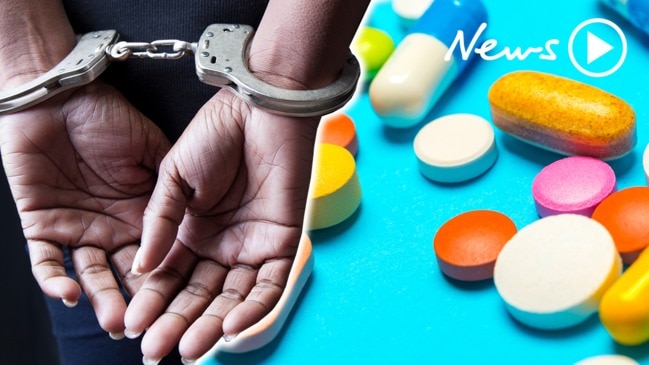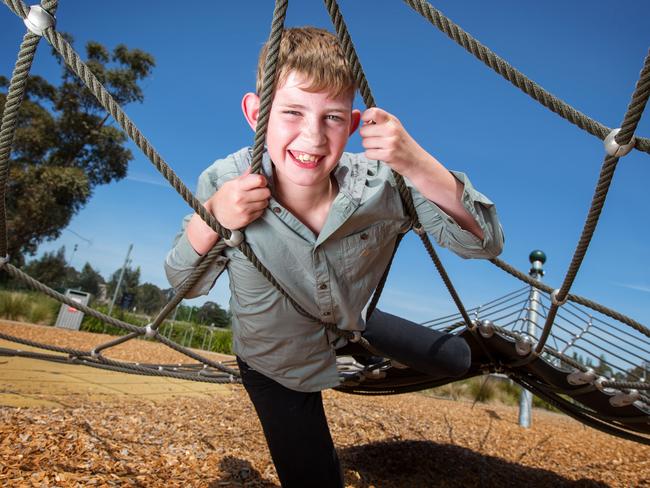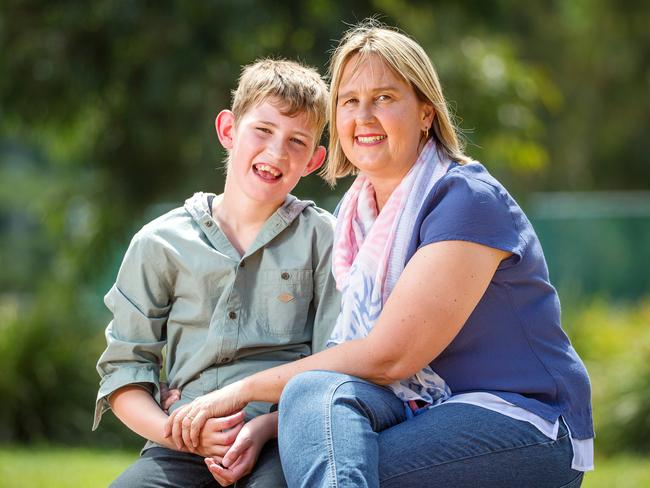Epilepsy drug trial gives hope for Dravet syndrome sufferers
IT was a chance finding 30 years ago. But an international drug trial is seeing children with Dravet syndrome seizure-free for the first time. For one Victorian youngster, it means the chance of a normal life.

VIC News
Don't miss out on the headlines from VIC News. Followed categories will be added to My News.
IT was a chance finding in the testing of an appetite suppressant 30 years ago.
As a side observation, the drug was shown to reduce seizures in children who had one of the deadliest and difficult to treat types of epilepsy.
Fenfluramine was pulled from the market after being linked to heart problems when used as a weight-loss treatment but in 2002, a Belgian Royal Decree allowed the drug back into laboratories.
Epilepsy trial leaves Victorian woman seizure-free
Melbourne researchers develop ‘Fitbit for the brain’

Now, an international clinical trial is seeing children — including Victorians — seizure-free for the first time in their lives, giving neurologists a promising new treatment for Dravet syndrome.
Ryan Hulland’s family has driven more than 10,000km this year, mostly one-day 800km round trips from their Swan Hill farm to the Austin Hospital in Heidelberg, for him to take part in the trial.
Since the first year of his life, the 13-year-old has lost consciousness and suffered violent seizures two to three times a week.
Dravet has a mortality rate of 15 per cent by age 20 — higher than many childhood cancers — because in adolescence, the risk rises of big seizures many never wake from.
Now that Ryan has been seizure-free since starting the trial in March, mum Joanna said she no longer needed to check on him every 10 minutes.
Melbourne epilepsy trial delivers medication directly into brain
World-first brain stimulation trial for Lennox-Gastaut syndrome sufferers

“He has improved his cognitive ability. He’s free to do what he likes,” Mrs Hulland said. “In another few years, this disease will no longer be a catastrophic form of epilepsy.
“The future of these kids is something different now.”
The phase III trial of 119 patients is due to finish early next year, so it’s not yet known for sure — despite his stunning results — whether Ryan is receiving the drug or a placebo.
This last phase of the trial has seen convulsive seizures at least halve in 70 per cent of patients on the drug, compared to 7 per cent on placebo.
Austin Health paediatrics director Ingrid Scheffer said the drug looked set to be “hugely life-changing” for Dravet patients.
“It may be that this drug is good for other several epilepsies,” Prof Scheffer said.


